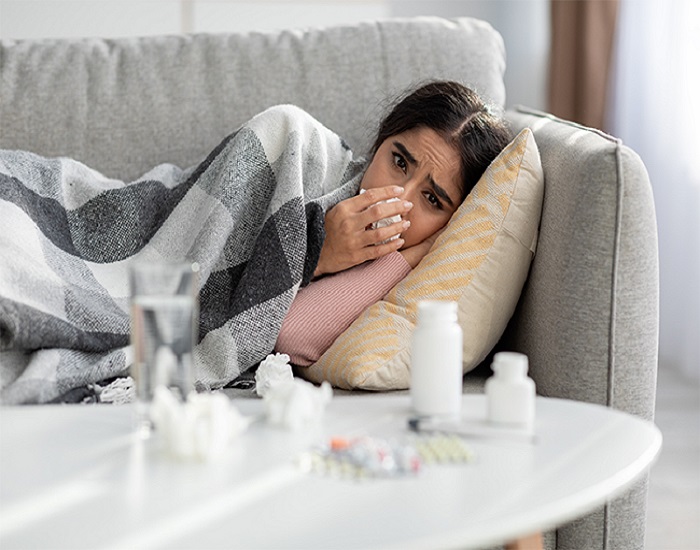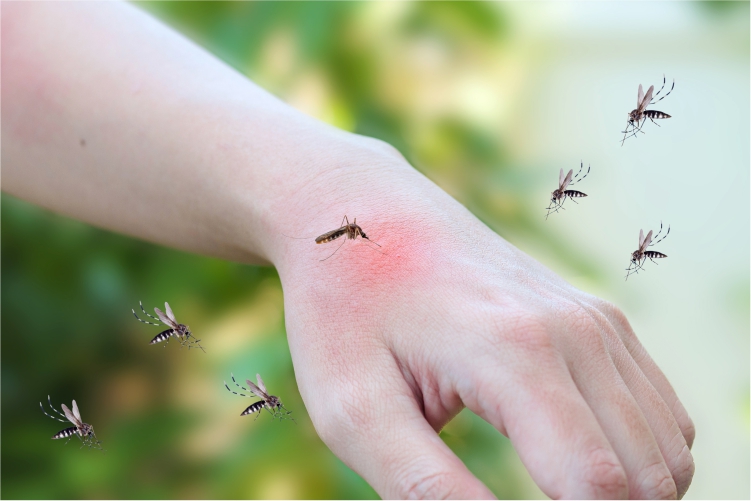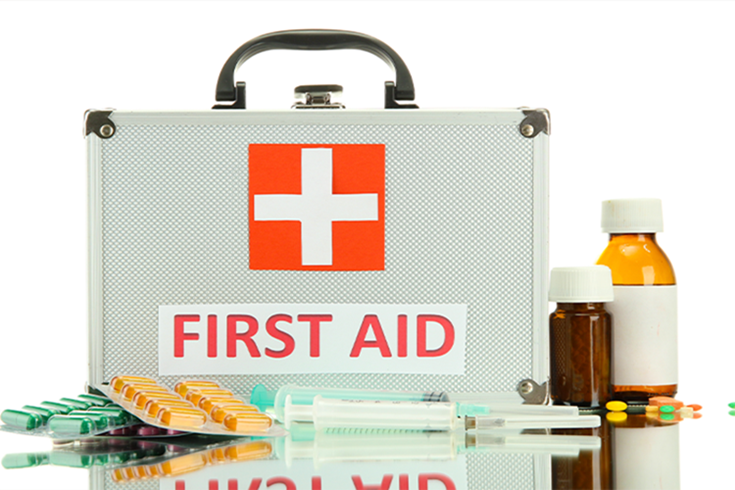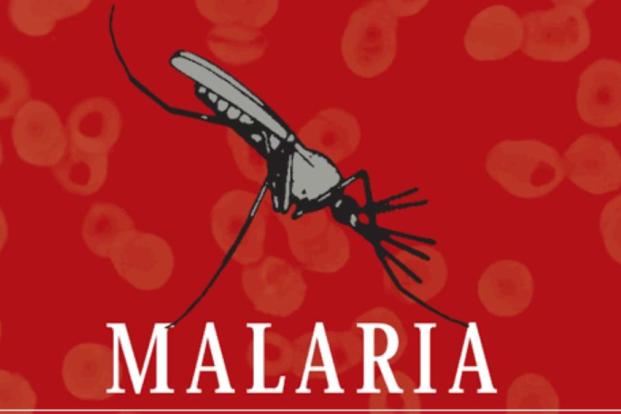Does Insecticide Spraying For Malaria Affect Humans
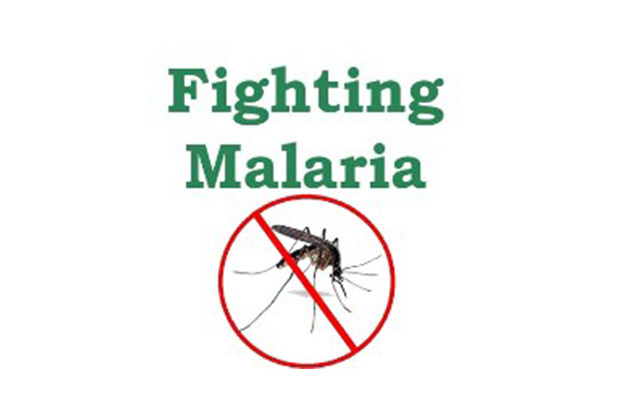
Apr 19, 2022
Malaria is a disease caused by the biting of infected Anopheles mosquito and can be regarded as one of the world’s most deadly disease. Vector control is an essential component of malaria prevention. Vector control has proved to be successful in reducing or interrupting malaria transmission.
What does the World Health Organisation recommend?
WHO recommends that endemic countries protect all those at risk of malaria with LLINs (long-lasting insecticidal nets) or IRS (indoor residual spraying) with insecticides. The WHO currently recommends for IRS 15 insecticide compounds. To avoid exposure of households and spray operators to insecticides standard operating procedures and national guidelines in National Malaria Control Programs should be in place and strictly followed.

Which insecticides are commonly used?
A trusted method in controlling the mosquito breeding is spraying the breeding sites with insecticide like DDT. DDT is still the most effective and most economical of all insecticides. Environmental laws have resulted in almost total ban of the use of DDT, due to its persistence in the environment and its effect on the food chain; it is regarded as a persistent organic pollutant. A total ban on the use of DDT will prove to be disastrous for poor countries that still rely heavily on its use for malaria control.
All the interior walls and ceilings as well as the underside of furniture, back of the doors should be sprayed. For protection during the entire season, two rounds of DDT or Synthetic Pyrethroids or three rounds of Malathion should be sprayed.
What are the common side effects with insecticides?
- Skin reactions or allergic rashes.
- Eye irritation, especially if it gets into the eye
Serious side effects to insecticides are uncommon, if standard operating procedures are strictly followed. If ingested or inhaled or if you come in physical contact with insecticide accidentally or end up having an adverse reaction, discontinue use of the product; wash the affected area with soap and water and contact your local doctor immediately as it can be fatal also.


